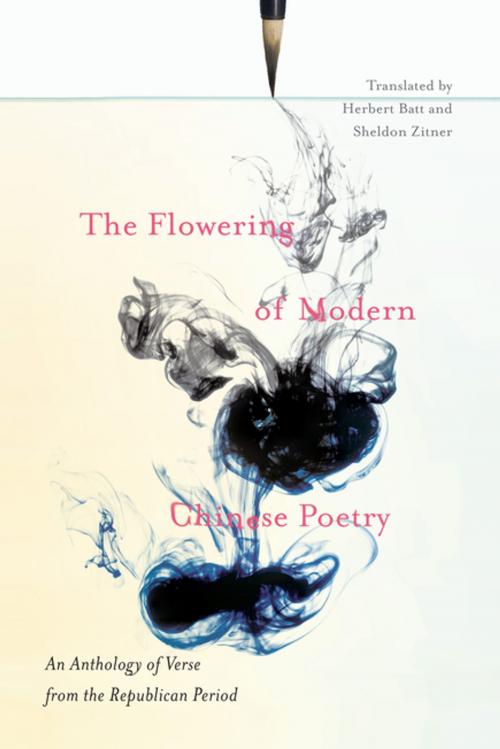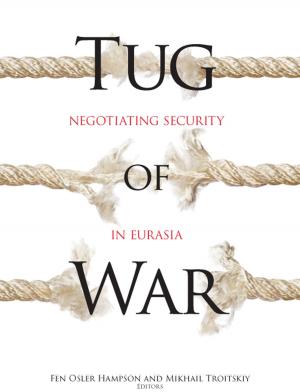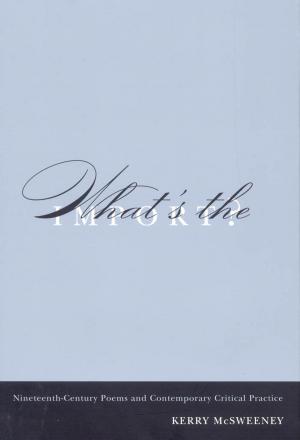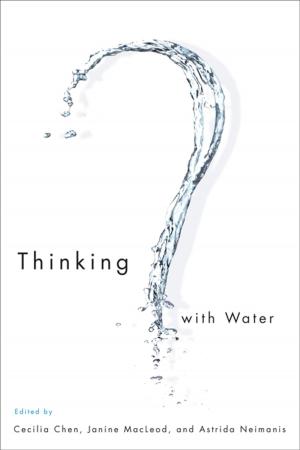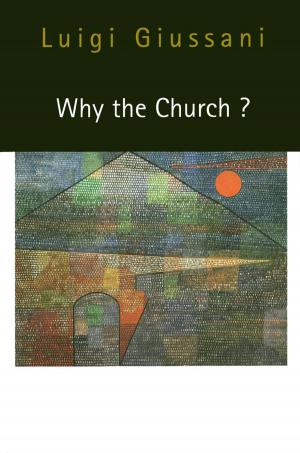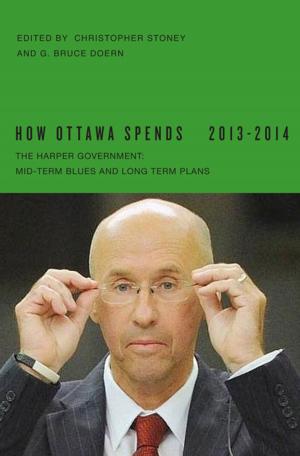The Flowering of Modern Chinese Poetry
An Anthology of Verse from the Republican Period
Fiction & Literature, Poetry| Author: | ISBN: | 9780773599451 | |
| Publisher: | MQUP | Publication: | September 1, 2016 |
| Imprint: | MQUP | Language: | English |
| Author: | |
| ISBN: | 9780773599451 |
| Publisher: | MQUP |
| Publication: | September 1, 2016 |
| Imprint: | MQUP |
| Language: | English |
The May Fourth Movement launched an era of turmoil and transformation in China, as Western ideas and Western-style education encroached on the Confucian traditions that lay at the foundation of Chinese society. The reverberations for Chinese culture and literature were profound. The Republican period (1919-1949) witnessed an outpouring of poetry in a form and style new to China, written in the common people’s language baihua ("plain speech").The New Poetry broke with the centuries-old tradition of classical poetry and its intricate forms. The Flowering of Modern Chinese Poetry presents English translations of over 250 poems by fifty poets, including a rich selection of poetry by women writers. The anthology provides a nuanced picture of the astonishingly rapid development of vernacular verse in China from its emergence during the May Fourth Movement, through the years of the Japanese invasion, to the Communist victory in the Civil War in 1949. Michel Hockx introduces the historical and literary contexts of the various schools of vernacular poetry that developed throughout the period: characterized as those of the pioneers, formalists, symbolists, "soldiers and peasants" poets, and Shanghai Poets of the late 1940s. Each selection of verse begins with a biographical sketch of the author’s life and literary career, including their roles in the Civil War and the resistance to the Japanese occupation. Introducing English readers to master poets who are virtually unknown to Western audiences, this anthology presents a collection of verse written in an age of struggle that attests to the courage, sensitivity, and imagination of the Chinese people. The rise of China’s modern poetry reflects the rise of modern China.
The May Fourth Movement launched an era of turmoil and transformation in China, as Western ideas and Western-style education encroached on the Confucian traditions that lay at the foundation of Chinese society. The reverberations for Chinese culture and literature were profound. The Republican period (1919-1949) witnessed an outpouring of poetry in a form and style new to China, written in the common people’s language baihua ("plain speech").The New Poetry broke with the centuries-old tradition of classical poetry and its intricate forms. The Flowering of Modern Chinese Poetry presents English translations of over 250 poems by fifty poets, including a rich selection of poetry by women writers. The anthology provides a nuanced picture of the astonishingly rapid development of vernacular verse in China from its emergence during the May Fourth Movement, through the years of the Japanese invasion, to the Communist victory in the Civil War in 1949. Michel Hockx introduces the historical and literary contexts of the various schools of vernacular poetry that developed throughout the period: characterized as those of the pioneers, formalists, symbolists, "soldiers and peasants" poets, and Shanghai Poets of the late 1940s. Each selection of verse begins with a biographical sketch of the author’s life and literary career, including their roles in the Civil War and the resistance to the Japanese occupation. Introducing English readers to master poets who are virtually unknown to Western audiences, this anthology presents a collection of verse written in an age of struggle that attests to the courage, sensitivity, and imagination of the Chinese people. The rise of China’s modern poetry reflects the rise of modern China.
